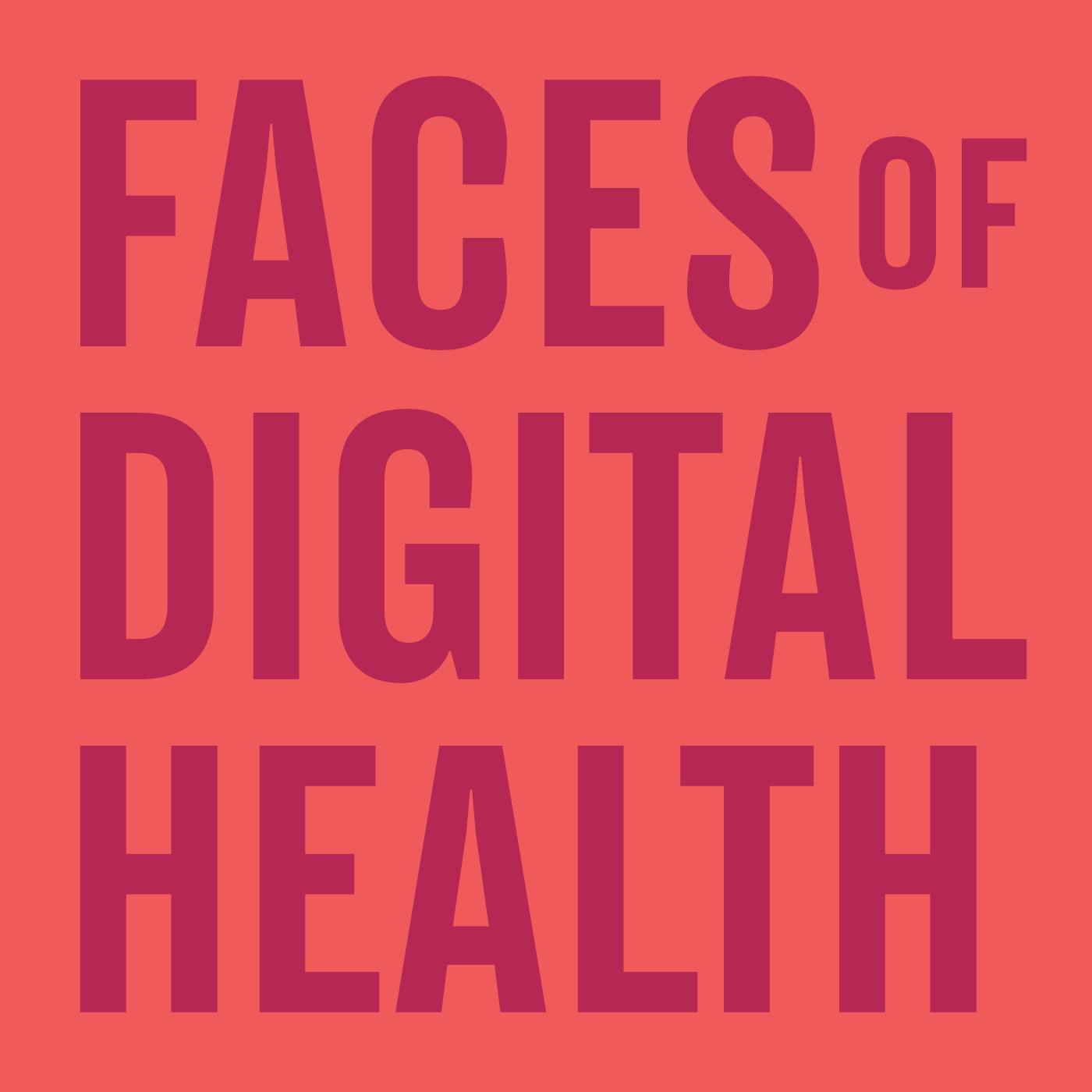Can We Harmonize Medication Management Across Europe?
Description
According to WHO, the global cost associated with medication errors is 42 billion US dollars. Errors can happen at the point of prescribing, transcribing from one system to the other, or administration, when the wrong patient is given either the wrong drug or the wrong dose. Medication administration errors can be prevented with the introduction of closed-loop medication management, where all points of medication handling are connected and done electronically; even medication administration is done with the help of barcode scanning of the patient barcode and medication barcode. Three European specialists from the Netherlands, UK, and Belgium recently started a European project, Asclepius, which advocated for the introduction of closed-loop medication management systems in the hospitals. They connected with colleagues from UK, France, Iceland, Belgium, Norway, Netherlands, Sweden to strive for alignment on the European level. So in today’s discussion, you will hear from Patrick van Oirschot, Patrick Koch and Francine de Stoppelaar talk about the need for improved medication safety.
www.facesofdigitalhealth.com
Newsletter: https://fodh.substack.com/
Show notes:
Main Discussion:
[00:01:00] Medication administration errors can be prevented with the introduction of closed-loop medication management, where all points of medication handling are connected electronically.
Guest Introductions:
[00:04:00] Patrick van Oswalt ("Pat"), a veteran in hospital pharmacy with a focus on digitalization and closed-loop medication management strategies.
[00:05:00] Francine de Stoppelaer, a clinical pharmacist with a 25-year career in healthcare leadership, notably involved in building and operating the Cleveland Clinic London.
[00:06:00] Patrick, with a background in medical imaging and pharmacy automation, emphasizes the need for digital transformation in hospital pharmacies.
Challenges and Solutions:
[00:08:00] Discussion on medication safety across Europe, highlighting the significant number of medication errors and associated costs. Specific examples include 19,000 deaths per year in Germany due to medication errors.
[00:10:00] Explanation of closed-loop medication management and barcode scanning at the bedside to ensure the right medication reaches the right patient.
[00:14:00] Different approaches to medication management in various countries, focusing on the importance of digital and automated processes.
Implementation Strategies:
[00:16:00] Discussion on where hospitals should start when considering digital transformation for medication safety, highlighting the importance of electronic prescribing and bedside scanning.
[00:18:00] The experience of implementing a fully digital hospital at Cleveland Clinic London, including workforce planning and gaining buy-in from healthcare professionals.
Project Overview:
[00:20:00] Introduction to the Asclepius project and its goals to harmonize medication management workflows across Europe.
[00:22:00] Highlighting the need for standardization in medication databases and the varying approaches to medication management across different countries.
Impact and Future Directions:
[00:24:00] The potential impact of digital and automated medication management on patient safety, efficiency, and sustainability.
[00:26:00] Encouraging adoption of best practices and the importance of measuring and monetizing the benefits of closed-loop systems.
[00:28:00] Challenges in convincing decision-makers and ensuring effective implementation amidst existing workloads.
More Episodes
Laura Hilty has spent over 18 years working to improve the healthcare ecosystem, over 14 years of that in clinical research. She has held leadership roles spanning corporate strategy, M&A, product strategy, product management, and partnerships across stages from company start-up to scale,...
Published 11/19/24
Published 11/19/24
This short discussion with Rachel Dunscombe, CEO of openEHR International Foundation, was recorded in Reading at the first openEHR Annual conference. Rachel Dunscombe discussed trends in data standards and the importance of structured data for the future development of AI.
Recap of the...
Published 11/14/24


